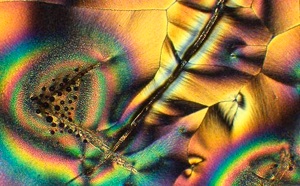scientific explanations


science
Nowadays science has a very odd, often schizoid role in our culture. On the one hand science is supposed to be the font of real knowledge, it is considered to be free of opinion, prejudice, or superstition. In many formal situations the scientist is considered to be an ultimate authority in his or her specialty- for example in a court case. On the other hand science is considered fraught with inadequacies; unable to deal with the really important aspects of our lives, and scientists may be regarded as pompous self promoting, people.
So is the problem with science? Or with scientists? Or do we misunderstand what science fundamentally is. Is it really the “search for truth”? Is finding the “truth” perhaps the modern equivalent of the alchemists trying to create gold?



truth, validity, verifiability ... and trust
Have you thought about the differences between these notions? What for example is someone claiming as a criterion of validation (i.e. what are they asking you to accept) when they say something is “true”. Of course, we use the word differently in different conversations; we may just mean that what is being said is not a lie. On the other hand someone claiming truth may be implicitly or explicitly referring to some authority to which he or she may have privileged access.
Similarly, what is being claimed when someone says a statement is valid? Or an observation can be verified? And what does it mean when you trust an answer, or trust an explanation?
I leave these ponderables with you. You may also have a look at the video clip of Maturana and von Foerster discussing this on one of my pages on “Truth and Trust”.
speaker

science and reality
Other scientists have also understood that science is not only deductive; that there is a “poetic” aspect to this. Richard Feynman (1918-1988), a famous physicist and a great teacher talked about starting with a “guess”. He worked with the Manhattan project, and later, on investigating the demise of the Space Shuttle Challenger, said: "For a successful technology, reality must take precedence over public relations, for nature cannot be fooled." This view of science incrementally revealing reality is, in my view, an easy assumption given that each time a belief is shown to not correspond to observation, we feel we have improved our understanding.

